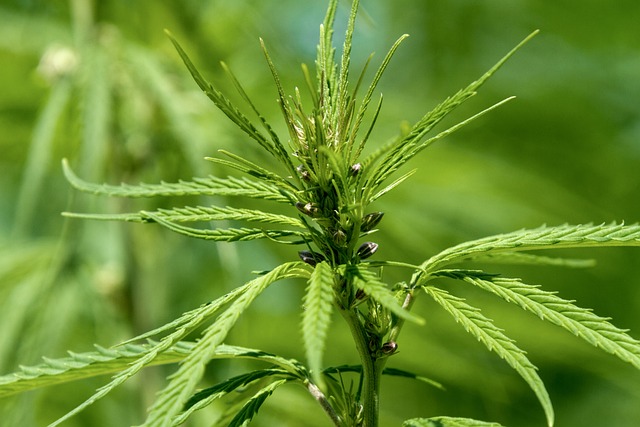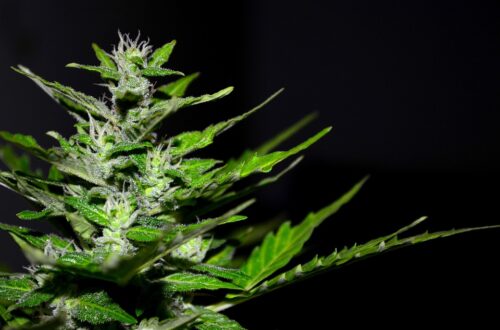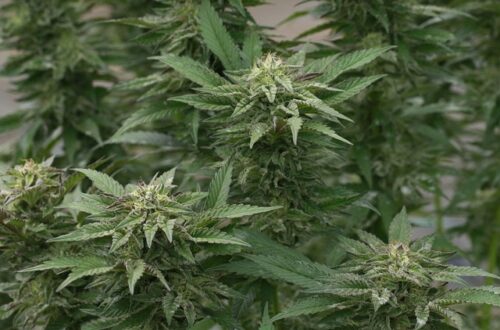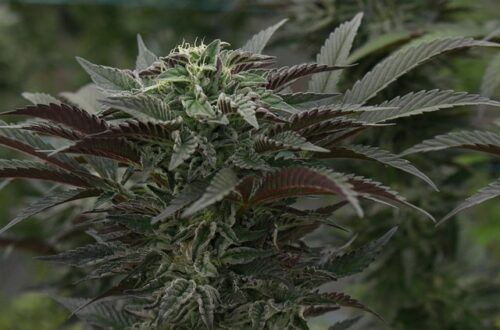The Science Behind THCa Flower: How It Works and Its Benefits
In recent years, the cannabis industry has seen a surge in interest surrounding THCa flower. This compound, often overshadowed by its more famous counterpart THC, is gaining recognition for its unique properties and potential benefits. This article explores the science behind THCa, how it functions, and the advantages it may offer.
Understanding THCa: The Basics
THCa, or tetrahydrocannabinolic acid, is a non-psychoactive cannabinoid found in raw cannabis plants. Unlike THC, which is known for its mind-altering effects,THCa flower benefits does not produce a high. This is because THCa is the precursor to THC. When cannabis is heated through smoking, vaping, or cooking, THCa undergoes a process called decarboxylation, converting it into THC.
The Chemical Structure of THCa
THCa is an acidic compound with a carboxyl group attached to its molecular structure. This group is responsible for its non-psychoactive nature. The decarboxylation process removes this group, transforming THCa into THC, which can then interact with the brain’s cannabinoid receptors to produce psychoactive effects.
How THCa Works in the Body
THCa interacts with the body’s endocannabinoid system (ECS), a complex network of receptors and neurotransmitters that regulate various physiological processes. Although THCa does not bind directly to the CB1 and CB2 receptors like THC, it influences the ECS in other ways.
Anti-Inflammatory Properties
Research suggests that THCa may have anti-inflammatory effects. A study published in the “Journal of Pharmacology and Experimental Therapeutics” found that THCa can inhibit the production of pro-inflammatory enzymes, potentially offering relief for conditions characterized by inflammation.
Neuroprotective Effects
THCa has shown promise as a neuroprotective agent. In preclinical studies, it has demonstrated the ability to protect neurons from oxidative stress and damage. This could have implications for neurodegenerative diseases such as Alzheimer’s and Parkinson’s.
Potential Benefits of THCa Flower
While research is still in its early stages, THCa flower is believed to offer several potential benefits. These include:
- Anti-Nausea: THCa may help alleviate nausea and vomiting, making it a potential option for patients undergoing chemotherapy.
- Appetite Stimulation: Some studies suggest that THCa can stimulate appetite, which could benefit individuals with conditions like anorexia or cachexia.
- Pain Relief: THCa’s anti-inflammatory properties may contribute to pain relief, particularly for chronic pain conditions.
Case Studies and Anecdotal Evidence
While scientific research is ongoing, anecdotal evidence from patients and healthcare providers supports the potential benefits of THCa. For instance, some patients with epilepsy have reported reduced seizure frequency when using THCa-rich cannabis products.
THCa vs. THC: A Comparison
Understanding the differences between THCa and THC is key to appreciating their distinct roles and benefits.
Psychoactivity
THCa is non-psychoactive, meaning it does not produce the high associated with THC. This makes it an appealing option for individuals seeking the therapeutic benefits of cannabis without the mind-altering effects.
Legal Status
The legal status of THCa varies by region. In some areas, THCa is not classified as a controlled substance, allowing for its use in medical and wellness products. However, once decarboxylated into THC, it may fall under stricter regulations.
How to Use THCa Flower
THCa flower can be consumed in various ways, each offering different benefits and experiences.
Raw Consumption
Consuming raw cannabis, such as in smoothies or salads, preserves the THCa content. This method avoids decarboxylation, allowing users to benefit from THCa’s properties without psychoactive effects.
Topical Applications
THCa-infused topicals can be applied directly to the skin for localized relief. This method is particularly useful for targeting inflammation and pain in specific areas.
Conclusion
THCa flower represents a fascinating area of cannabis research with promising potential benefits. Its non-psychoactive nature and interaction with the endocannabinoid system make it an intriguing option for those seeking alternative therapeutic solutions. As research continues, the understanding of THCa’s effects and applications will likely expand, offering new insights into its role in health and wellness.





